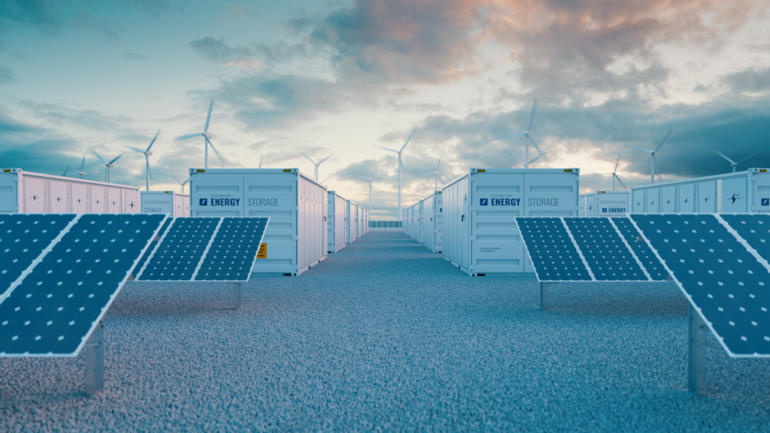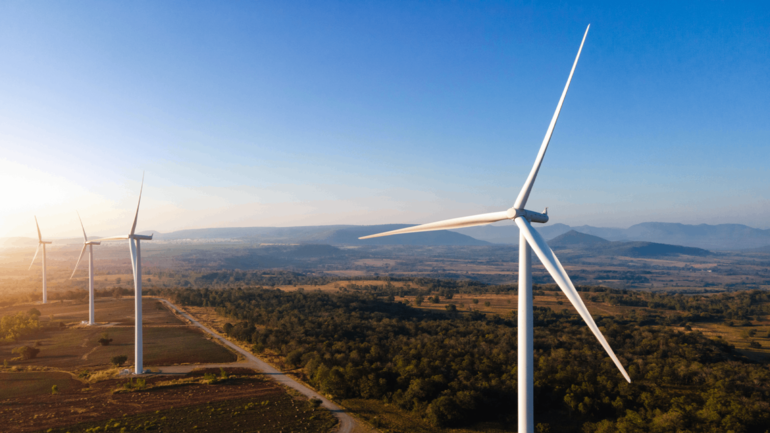December 2015 marked a historical moment for humankind: the world unanimously agreed to change course and transition to a low-carbon world.
The objective for tackling the climate challenge is now clearer than ever: we must do everything we can to reduce emissions and remain under the 2-degree limit.
Before 2015, high-level climate conversations were about solidifying the blueprints and building the foundation for a more sustainable world. 2016 and beyond must be about taking action.
Businesses are already leading the way. Through the Low Carbon Technology Partnerships Initiative, over 170 companies and 50 partners have come together to deliver the low carbon economy. Taken together, their efforts could contribute 65% of the emissions reductions necessary for getting the world to a 2°C pathway, while injecting trillions into the low carbon economy and supporting millions of jobs worldwide (PwC LCTPi Impact Analysis Report, 2015).
Business has been able to move ahead because the Paris Agreement has given us a clear framework. We owe it to ourselves and to future generations to go even further.
With this in mind, annual UNFCCC COP meetings need to move from setting ambition to ensuring successful implementation.
How can we best do this post-Paris?
1: We need to create accountability around our Paris promises
Agreements are empty words unless accompanied by action. How can we be sure that we’re moving in the right direction if we don’t share our action plans or aren’t transparent about our successes and setbacks? This is the only way we can hold each other accountable.
By sharing progress and being forthright about our efforts, we can move steadily forward in our plans to halt the onset of climate change.
COP meetings of the future should be places where country leaders, businesses, policymakers and members of civil society can report on their efforts, take suggestions and learn lessons from their peers around the world.
2: We must strive to bring all actors on board
We will not achieve the scale of change needed to meet the Paris Agreement unless we have participation from every sector of society.
From this point forward, every COP event should be all-inclusive and multifaceted. The world cannot afford to overlook the COP process as an opportunity for businesses and policy makers to make sure their efforts are aligned and effective.
Government needs implementation partners, like businesses, to deliver solutions on the ground, and policymakers/negotiators should capitalize on business’s enthusiasm and global reach. COP is a great place to connect these dots.
3: We must make sure that all work on climate – whether by state or non-state actors – is useful and embedded at the national level
Various climate proposals will function differently across international contexts, and it’s important to make sure all of our work contributes to overarching climate goals in each of these places. If our efforts do not translate across individual nations, then we’re unlikely to see changes at the global level.
COP events should bring everyone to the table to see what’s working, what’s not and to share suggestions for embedding climate policy across different national contexts.
4: We need to ensure that all COP meetings are action-oriented
While negotiations will most likely remain a cornerstone of these global events, we cannot overlook the opportunity to make them places for facilitation of concrete, action-oriented solutions.
Because of the Paris Agreement, we now have solid emissions reductions contributions from countries from every corner of the globe. These are an excellent starting point, but it’s now up to the implementation partners, like business, to show the world how we can be even more ambitious.
Already in the last few years, there have been tremendous technological advancements around low carbon technologies, and policymakers really need to understand how these technologies affect their NDC potential – COP meetings are an excellent place to facilitate that understanding.
Successful COP meetings of the future will create safe spaces for all actors to share suggestions and new technologies needed for moving forward to meet the Paris Agreement.
Transitioning to a post-Paris world: COP22
While global leaders work to understand the building blocks for global climate events post-Paris, we can encourage bolder climate action at COP 22 in Marrakech.
COP22 is an important milestone. It’s an opportunity to take stock of how far we’ve come in the past 11 months. It also provides a platform for future discussions around carbon pricing, and it offers opportunities to connect with African businesses, all of whom have an important role to play.
Further, the Low Emissions Solutions Conference (LESC) this year at COP22, is an excellent example of the cross-pollination that should be encouraged at all COPs from here on out. LESC will connect businesses with policymakers and government officials to ensure that each actor is fully aware of new possibilities for advancement in the fight against climate change.
We hope the outcomes of this conference will be used to boost NDCs, and to inform the makeup of future global climate events.
Widening the scope:
WBCSD is committed to finding the opportunities for implementing low-carbon solutions across every nation, community and industry sector of the world.
COP22, as well as every other COP from here on out, should focus on making global tools for addressing climate change available and relevant for everyone –the implementation partners stand ready and willing to help.
Together, we’re willing to do whatever we can to ensure that climate action becomes the norm – for business, government, and everyone involved.








